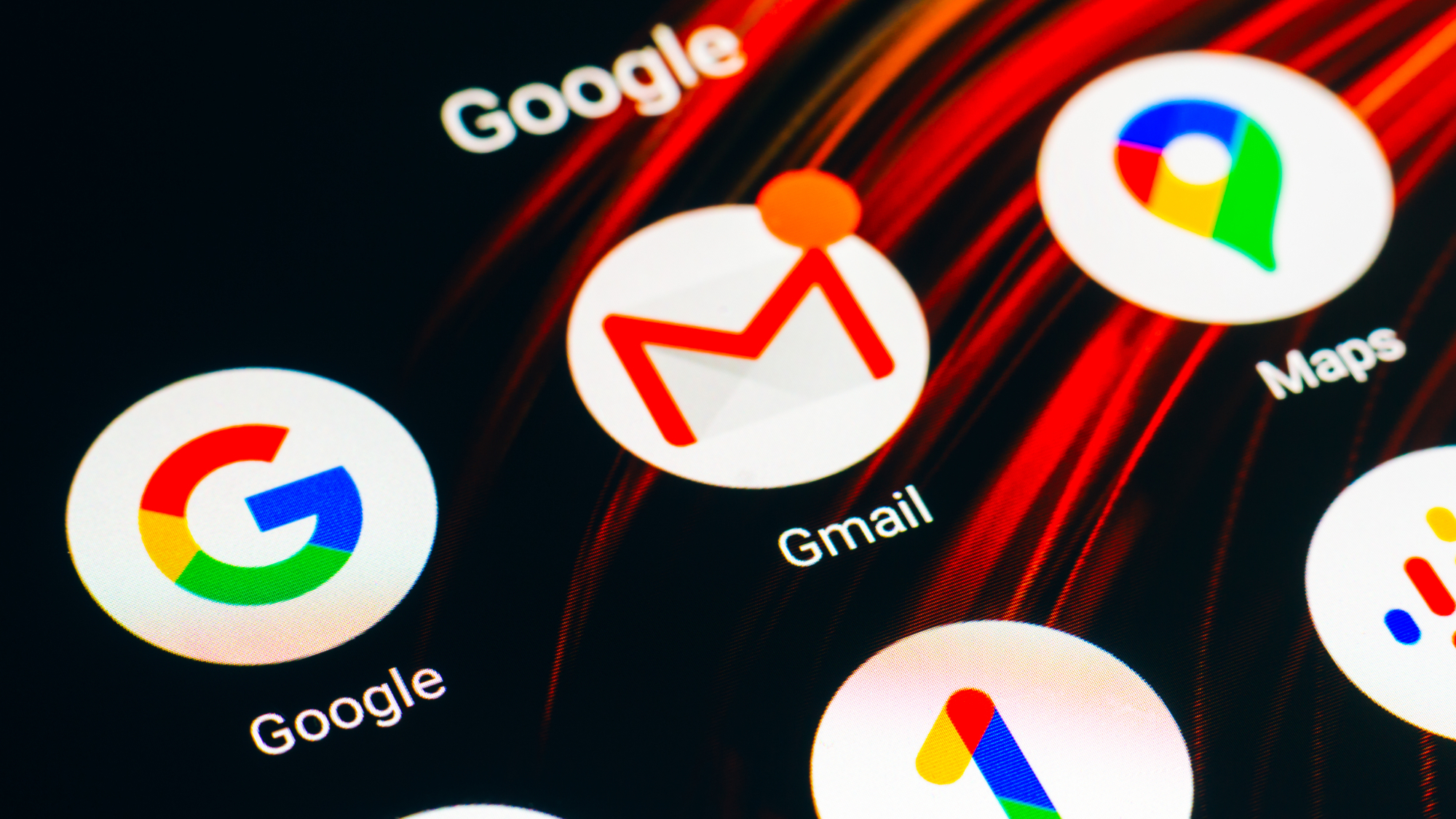
Earlier this week, claims emerged suggesting that 183 million Gmail passwords had been compromised in a significant data leak. Google has refuted these allegations (via its X account), labeling the reports as inaccurate and clarifying that they stem from a misunderstanding surrounding infostealer databases.
As cited by Bleeping Computer, the rumors proliferated across major media sources but originated from a compilation of various credential theft incidents documented on the web. Essentially, the data appears to originate from a broader database rather than a specific, new attack, and does not necessarily link to any one individual, tool, or platform.
This situation stems from a recent update to Have I Been Pwned (HIBP)—a service that tracks online data breaches. The website recently incorporated 183 million unique email addresses, including over 14 million that had never appeared on the site before.
HIBP received 3.5 terabytes of data from a new source aggregating data from phishing scams and credential stuffing incidents. Although emails included in these logs may involve Gmail, the specific details and origination of those breaches remain vague.
Consequently, while more breaches have been identified, they should not be misconstrued as isolated incidents or indicative of a Gmail-specific vulnerability. In their final tweet regarding the topic, Google reassured that, “Gmail takes action when we spot large batches of open credentials, helping users reset passwords and resecure accounts.”
Google stated:
“Reports of a ‘Gmail security breach impacting millions of users’ are false. Gmail’s defenses are strong, and users remain protected.” – October 27, 2025
Furthermore, the owner of HIBP, Troy Hunt, has emphasized that characterizing these breaches as a singular event is misleading, comparing the incidents to a hose that continuously sprays data without representing a single breach. He noted:
“The data itself is still on point, but I’d like to see HIBP better reflect that firehose analogy and provide a constant stream of new data.”
This reiterates the essential reminder to utilize two-factor authentication; even if your password is exposed, unauthorized actors would still need access to your authenticator to breach your account. Now, excuse me while I verify that mine is activated.
